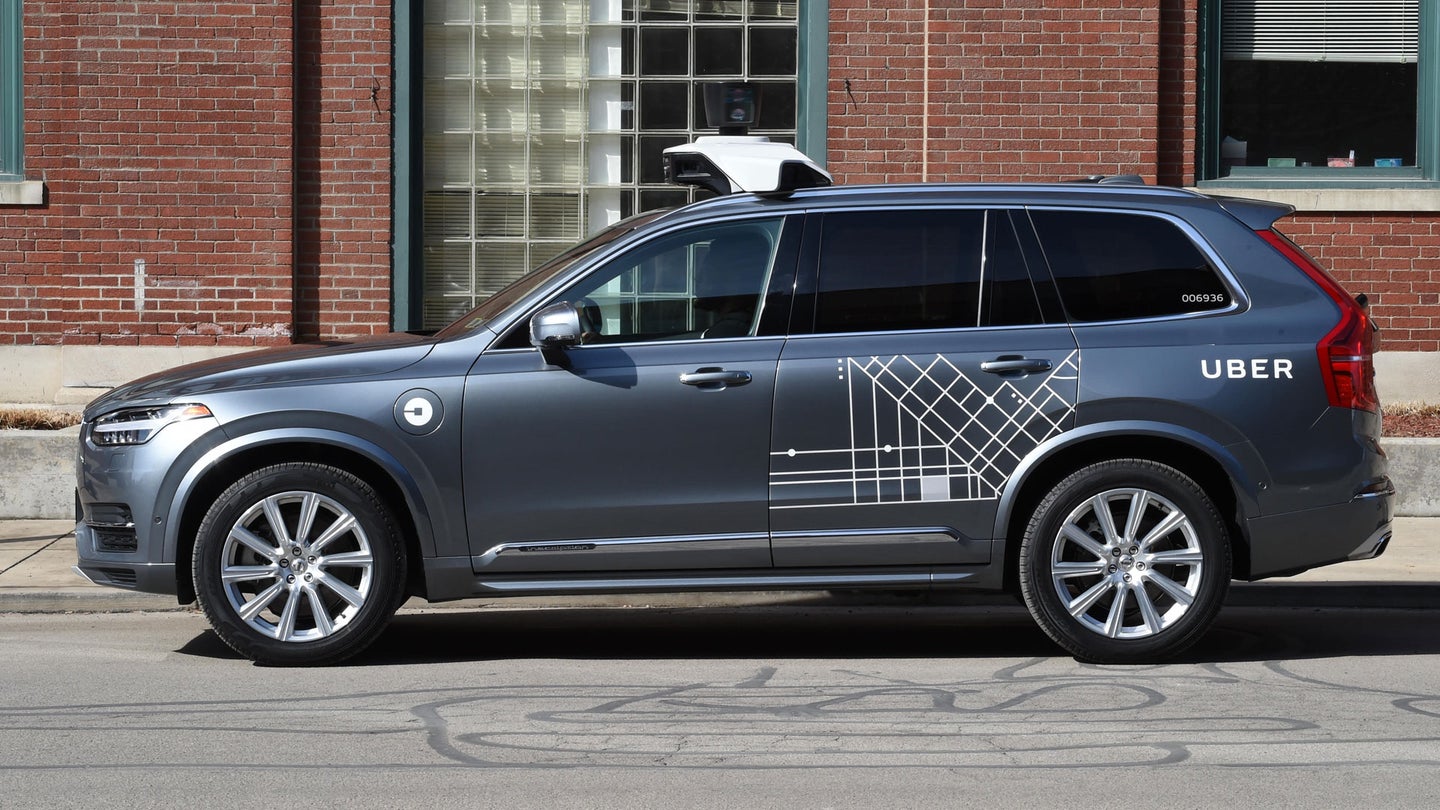Liability Concerns Make Consumers Wary of Self-Driving Cars, Survey Says
Consumers prefer to settle liability claims out of court, according to the survey.

While Uber and the family of Elaine Herzberg, who died after being struck by one of the company's self-driving cars, have reached a settlement, the issues raised by the fatal crash will not go away. A new J.D. Power survey found that liability issues are making consumers uneasy about autonomous cars.
The survey of more than 1,500 drivers found that consumers are unsure about riding in self-driving cars, and are concerned about what will happen if an autonomous car is involved in a crash. Yet consumers also have very high expectations for the technology, according to one of the authors of a report the survey was part of.
"Consumers express an expectation that collisions would not occur with automated vehicles and are holding ADS [automated driving systems] to a higher safety standard than traditional vehicles," said Kristin Kolodge, executive director of human-machine interface at J.D. Power.
Of the drivers surveyed, 14 percent said they "definitely would" ride in a self-driving car, and 33 percent said they "probably would." But 17 percent said they "definitely would not," and 29 percent said they "probably would not."
One-third of drivers surveyed said they would be willing to undergo additional training for an autonomous-car "driver's" license. That training may be necessary for human drivers to understand the capabilities and limitations of future driving tech, which could run the gamut from driver-assist systems like today's Tesla Autopilot and Nissan ProPilot Assist, to full automation.
More than half (51 percent) of drivers surveyed said they would pursue litigation if they were in a crash involving a Level 5 self-driving car (meaning a car with no manual controls). Consumers were "unsure" about pursuing litigation with less-automated cars, according to J.D. Power. Most respondents would prefer to settle out of court, researchers said, and 74 percent would share data to resolve a case.
The survey echoes recent studies showing negative attitudes toward self-driving cars. But it also shows that drivers and passengers may not know what to do if one of these cars crashes. It's up to regulators to clarify the liability situation and ensure companies are held responsible if their machinery malfunctions.
